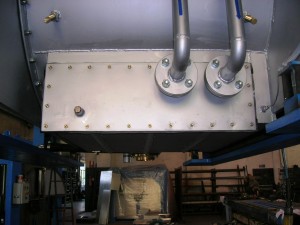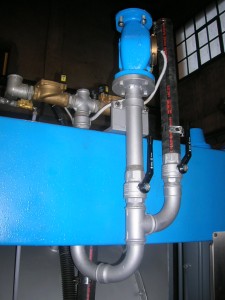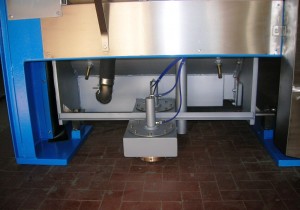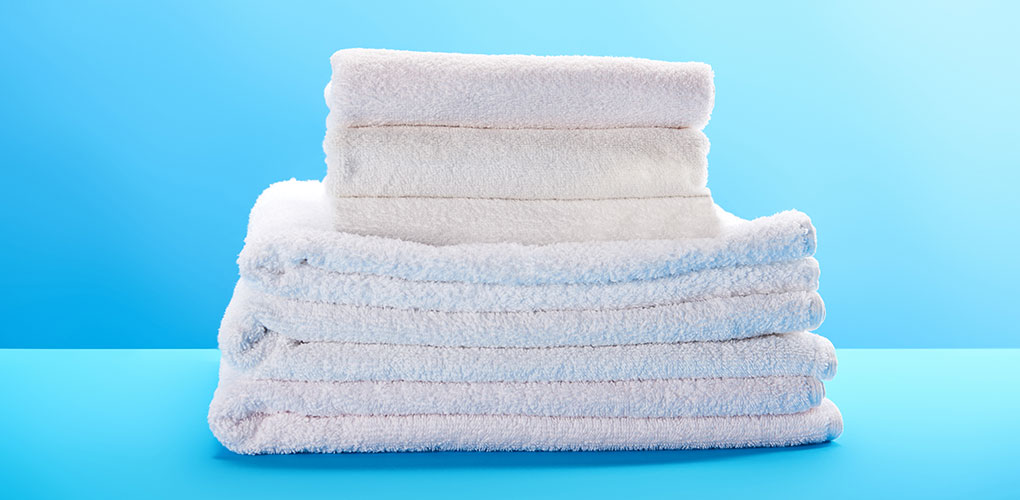
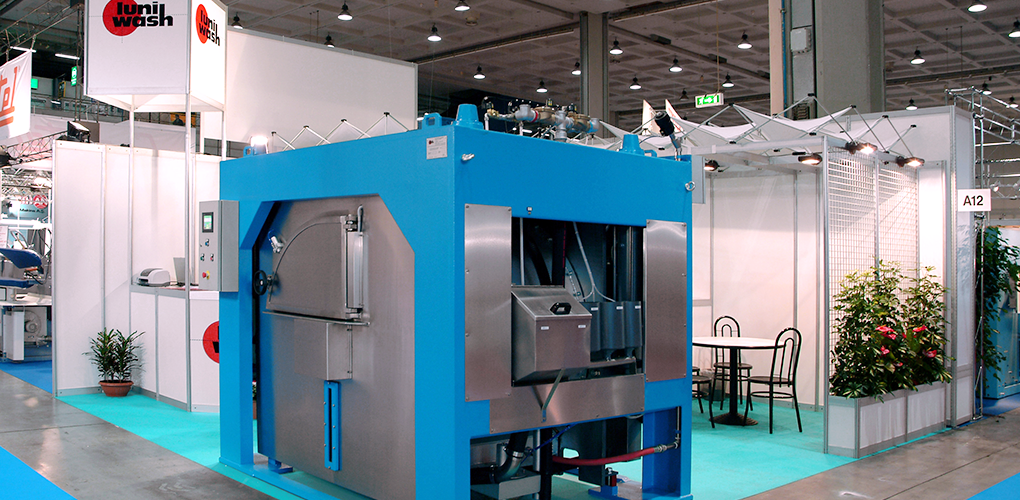
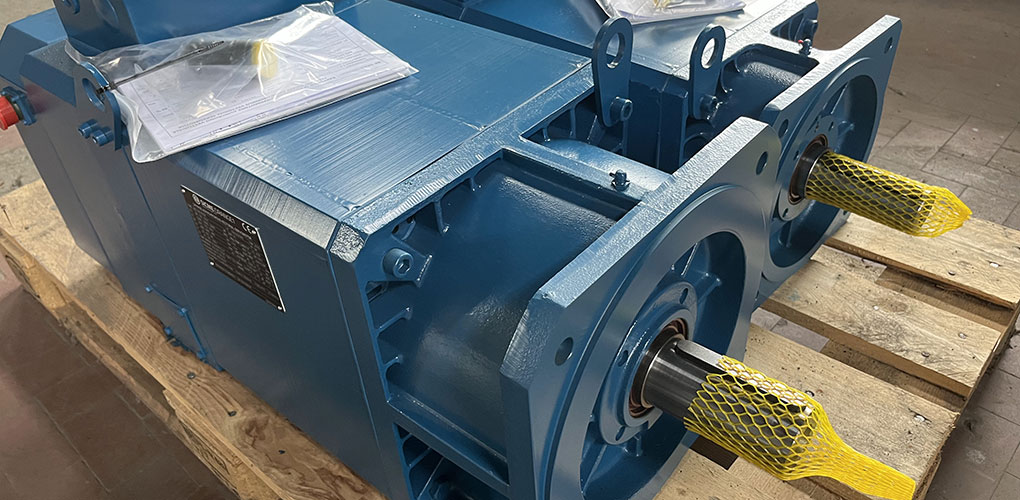
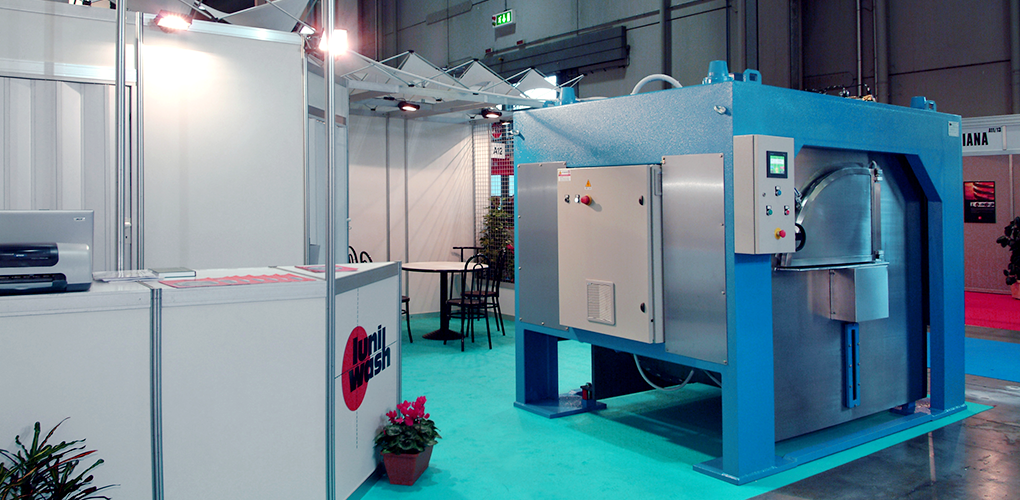
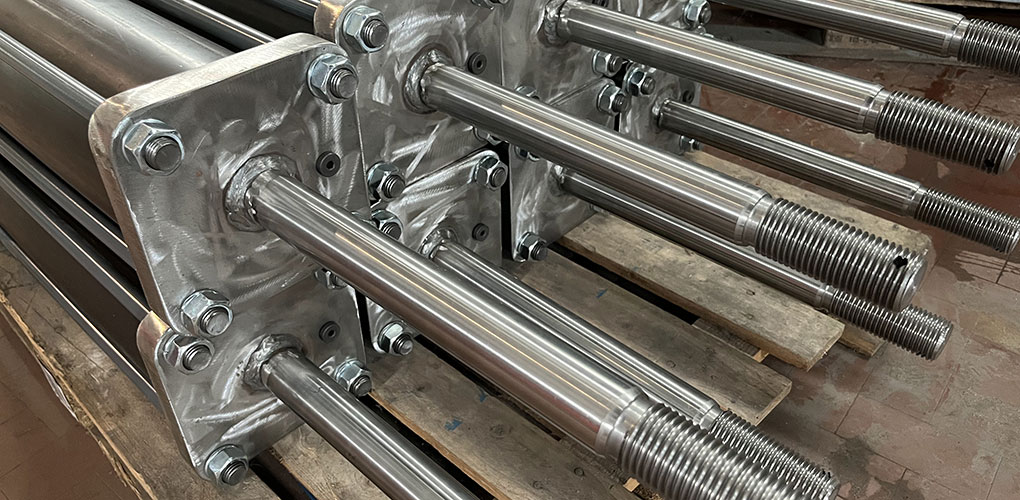
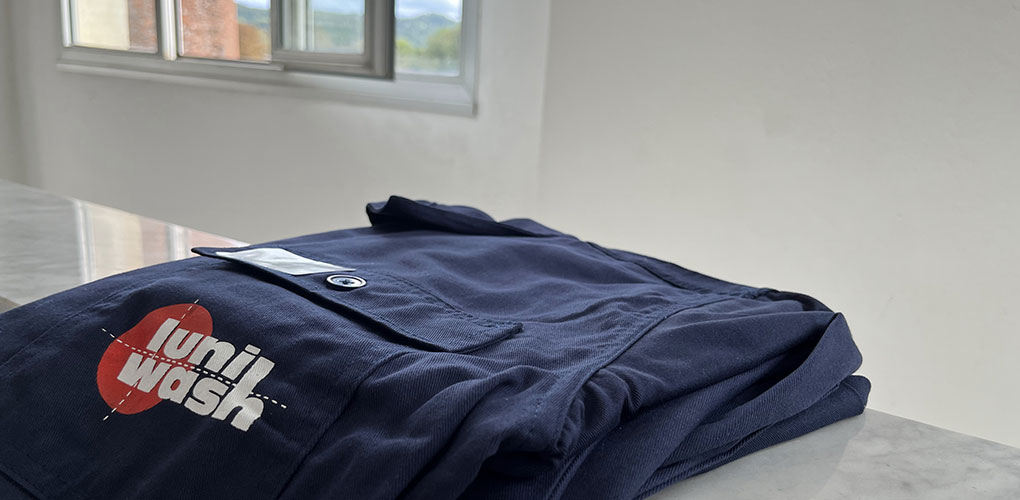
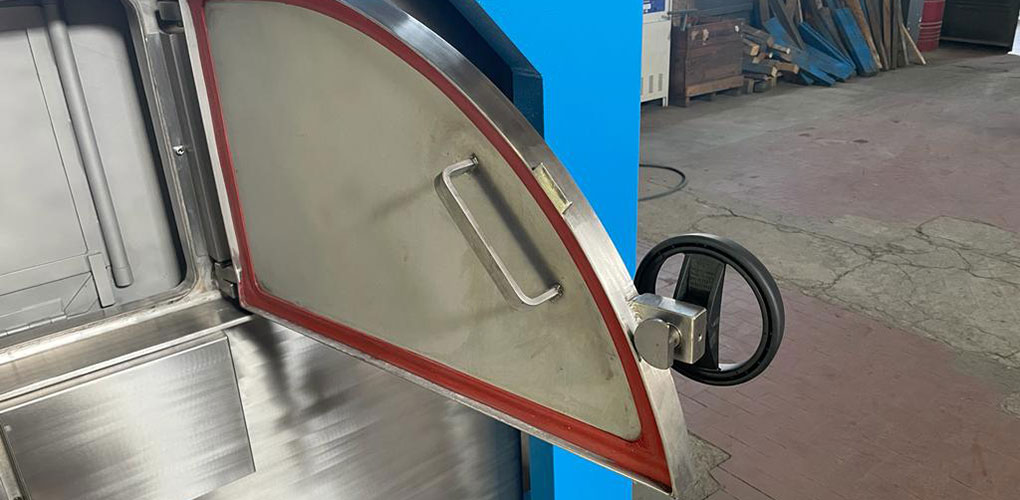
Options
Available on all models
With the partnership of BlueEcoTech we can add to normal command ofthe machine the production of ozone as addictive to a standard washing cycle. With our ozone generator you can achieve high effciency rating because:
- You do not need high temperature. You can use washing cycle at normal temperature or little warm
- You can reduce the consumption of chemicals from 30% to 70%
- You achieve sanification up to 99%
- You cut all bas smells
All this energetic savings can let you reach the requirements for green certification or tax breaks or incentives of the governament.
All this stuff without any issue on the machine, the generator needs only air. No need of special products, No need of filters, No consumables, No additional costs.
Ask to your commercial reference for details and explanations.
To let Italian clients to achieve the governament incetives of “Piano Nazionale Transizione 4.0”, Luniwash has developer a software option that allow the machine to have:
- traceability of program execution
- traceability of working alarms
- remote assistance
- remote machine control
- remote visual status of the machine
With the addition of a certificate control of the temperature probe you can also reach the certification of the washing cycle for health purposes. Ask to you commercial reference for more details.
Using the same concept of the Indirect Heating option, we can install electrical resistance that can heat the tank for all the clients that has the electrical power needed.
Even if we use a mechanical method to level the tank, we can provide a Litre Counter that can integrate or substitute the leveling method. Our standard partner is Craind.
The standard inlet group is composed by 2 inlet (cold and hot water), but we can provide additional inlets.
For customers who want to recover rinse water, but do not have the possibility of creating their own proprietary system that can concentrate multiple machines. We provide an autonomous “mini” system that can manage a single machine but which allows full recovery of the rinse water and its subsequent use.
The support tank can be positioned on the side of the machine or on top of it depending on the customer’s availability of space.
To meet the installation standards inside medium and large sized ships, Luniwash has developed the possibility of building its machines:
- Electrical construction compliant with naval application with certified inverter without returns and with specific filters
- Base construction that can be completely dismantled even from the front.
- Additional support system to ensure washing even if the structure is not vertical
It is possible to have the construction according to voltages different from the European standard.
Reinforced stainless steel drum for using the Stone washing method for treating fabrics.


